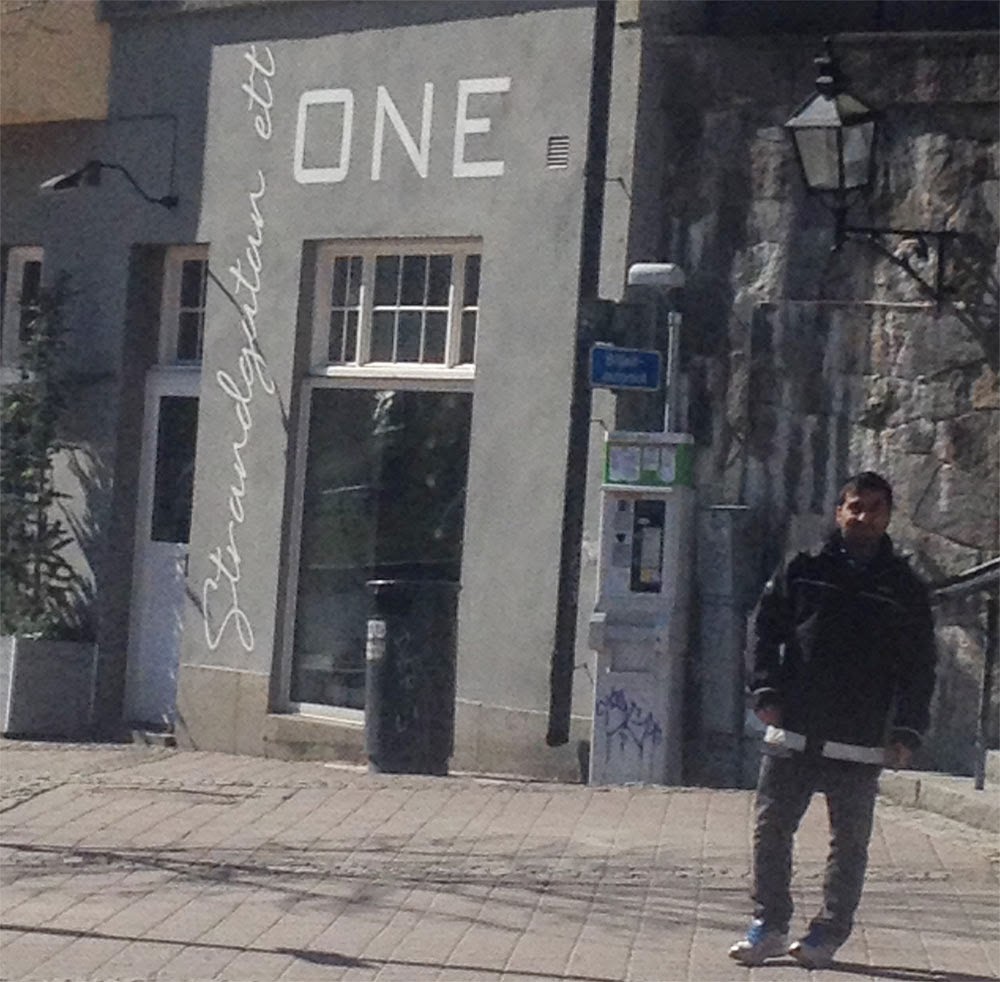Teeth
English Teeth, English Teeth!
Shining in the sun
A part of British heritage
Aye, each and every one.
English Teeth, Happy Teeth!
Always having fun
Clamping down on bits of fish
And sausages half done.
English Teeth, HEROES' Teeth!
Hear them click! and clack!
Let's sing a song of praise to them -
Three Cheers for the Brown Grey and Black.
Shining in the sun
A part of British heritage
Aye, each and every one.
English Teeth, Happy Teeth!
Always having fun
Clamping down on bits of fish
And sausages half done.
English Teeth, HEROES' Teeth!
Hear them click! and clack!
Let's sing a song of praise to them -
Three Cheers for the Brown Grey and Black.
Whilst our bloggers continue blogging, the rest of us are looking at sugar...
6 minute English: The bitter taste of sugar
http://downloads.bbc.co.uk/learningenglish/features/6min/141023_6mineng_sugar.pdf
By the way, here's how to convert a pdf to Word without getting spammed...
Set up a temporary email address here:
https://www.guerrillamail.com/
Then use a free online service like this one:
https://www.pdftoword.com/sv/









































